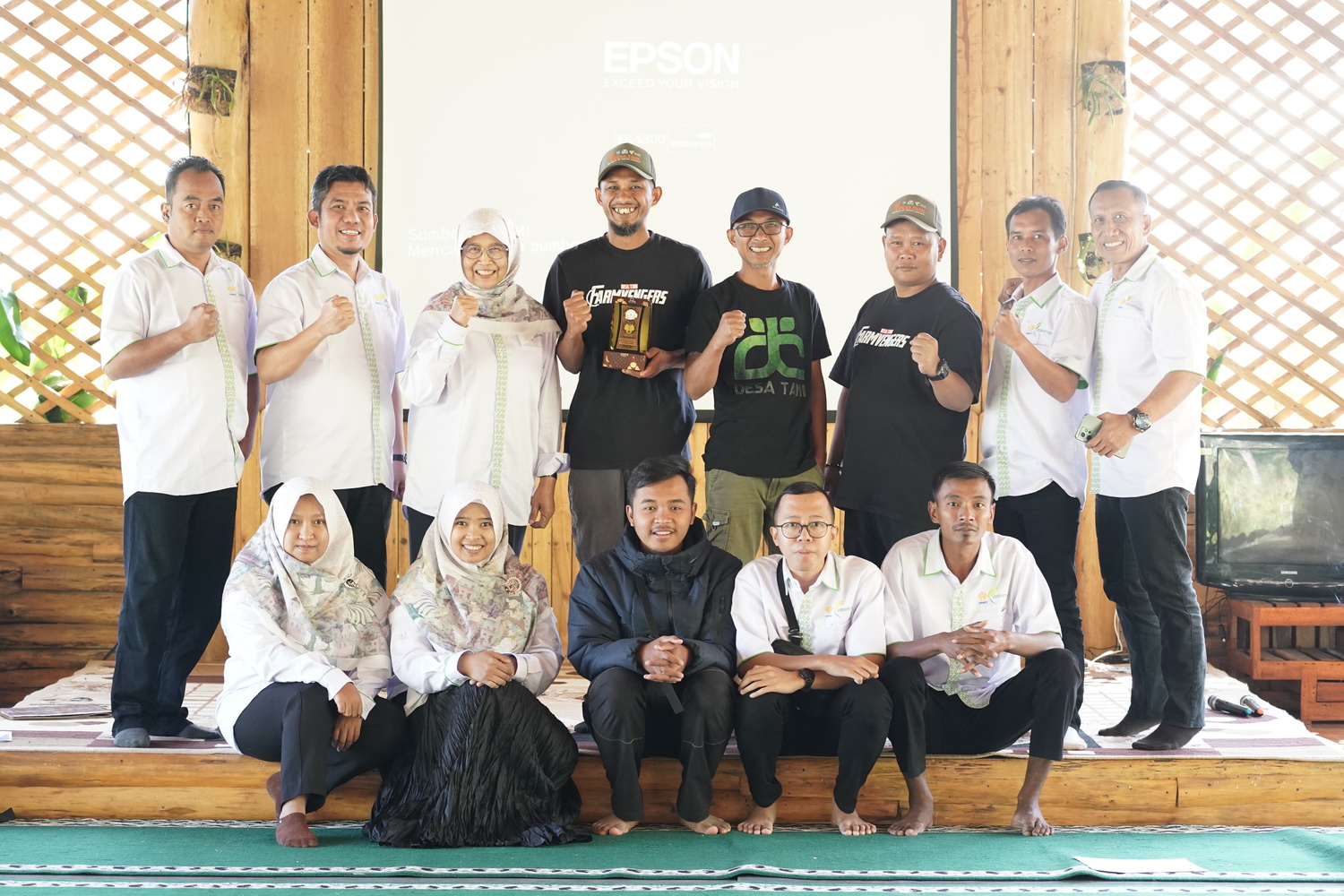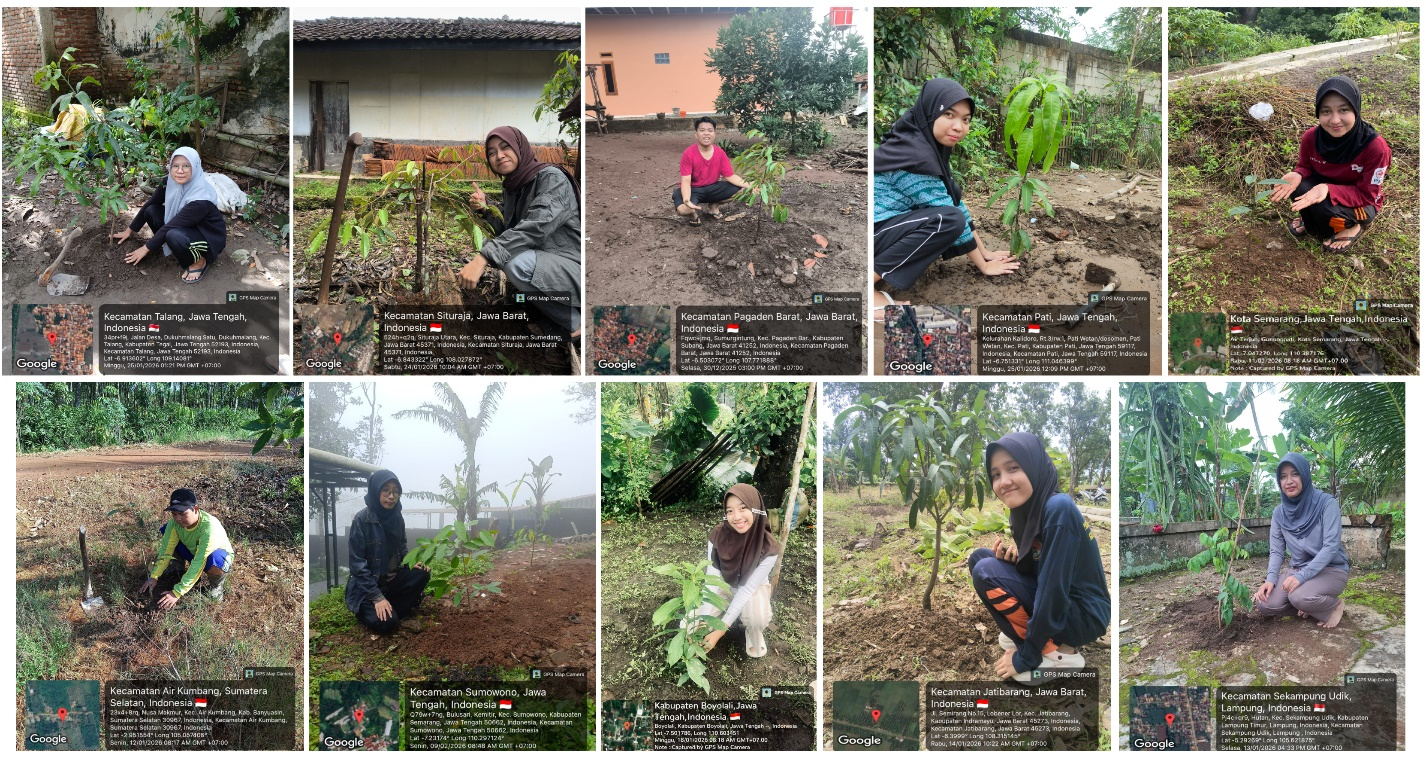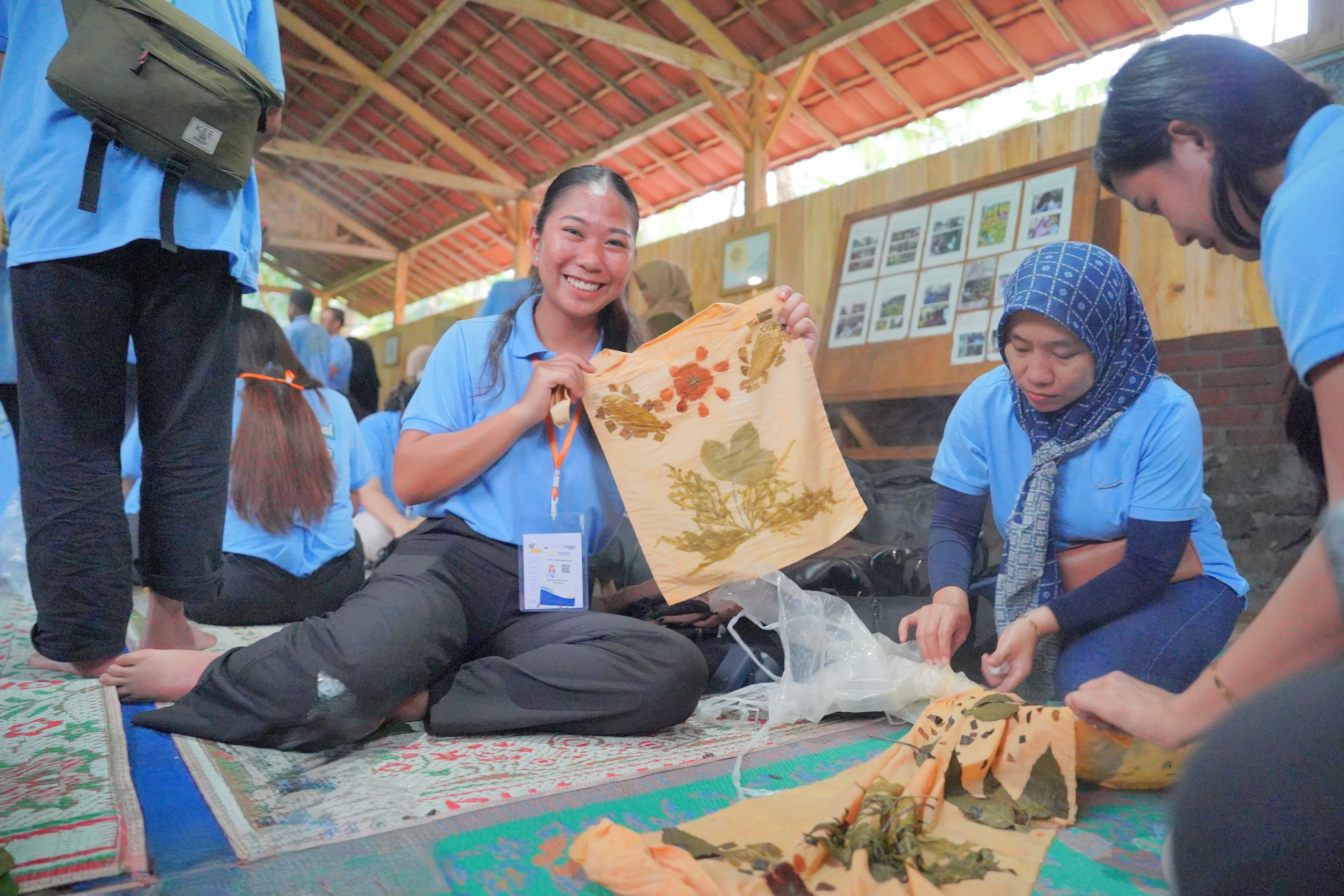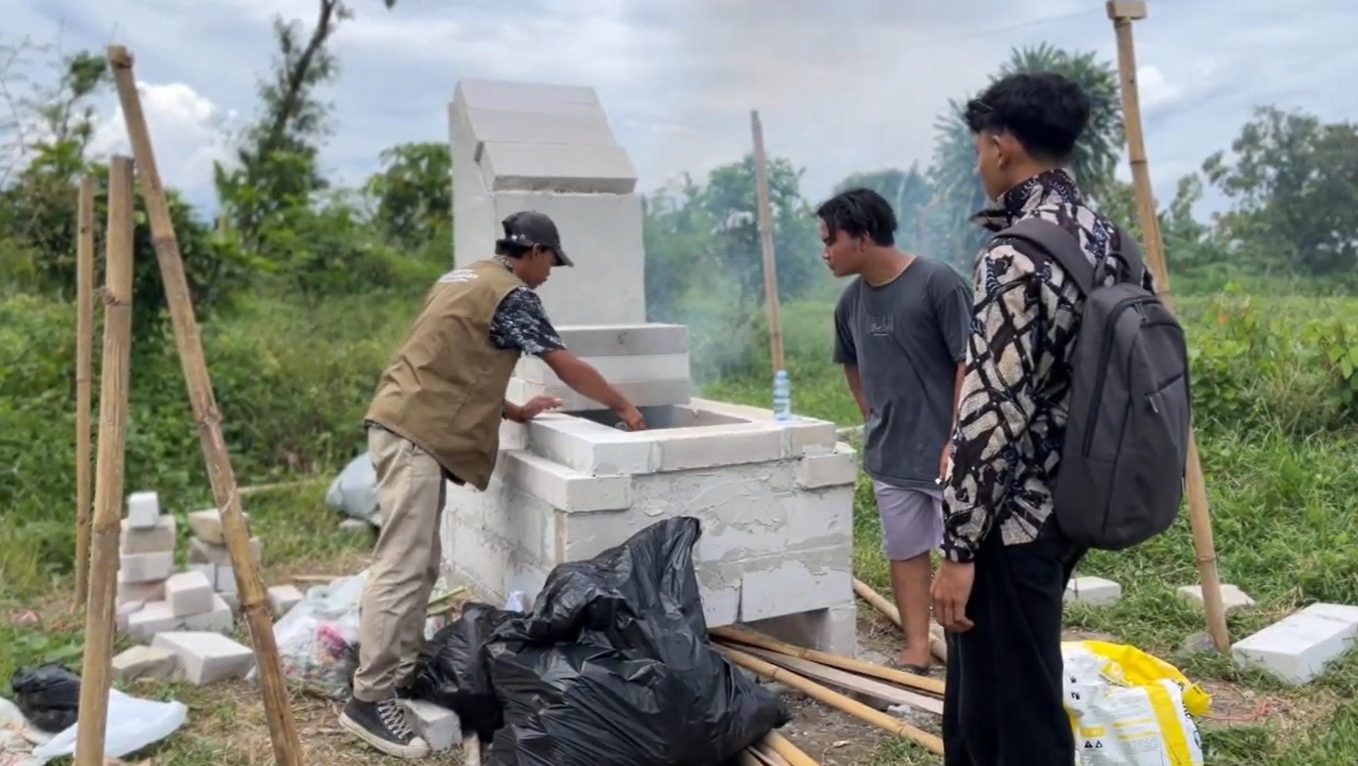Universitas Negeri Semarang (UNNES) continues to strengthen its commitment as a Conservation University by conducting a comparative study to Desa Tani, Bandung on Wednesday (24/07/2024). This activity is part of the efforts of the UNNES Conservation Sub-Directorate in implementing and expanding conservation principles in various campus and community sectors.
Desa Tani is a Dompet Dhuafa economic empowerment program in the field of horticultural agriculture aimed at underprivileged communities with a total of more than 50 beneficiaries. This program was first implemented by Dompet Dhuafa West Java in December 2018.
This comparative study activity was chaired by the Head of the Conservation Sub-Directorate, Prof. Dr. Amin Retnoningsih, M.Sc. and attended by the Conservation Sub-Directorate team.
This activity aims to improve understanding and application of effective conservation principles in natural resource management, especially in the context of sustainable agriculture. In addition, the comparative study also aims to identify best practices in conservation-based community empowerment that can be adapted and integrated into various programs and activities at UNNES.
During the visit, the UNNES team had the opportunity to have a direct dialogue with farmers and managers of Desa Tani, learn about various initiatives that have been carried out, and evaluate the social and environmental impacts of the program. The discussion also covered the potential for collaboration between UNNES and Desa Tani for the development of broader conservation programs in the future.
“This comparative study is a strategic step in strengthening the implementation of conservation principles on campus and in the community. We hope to take inspiration and good practices from Desa Tani to be applied in the UNNES environment as well as in various research and community service activities,” said Prof. Amin.
Desa Tani is one of Dompet Dhuafa’s programs in an effort to alleviate poverty through the development of vegetable farming. Farmers from low-income communities are empowered to manage agricultural land with a mentoring scheme.
Desa Tani Manager, Ade Rukmanda, expressed the success of the program in improving community welfare through a conservation-based approach.
“We are very happy to be able to share our experiences with the UNNES team. This program not only helps increase farmers’ income, but also preserves the environment with environmentally friendly agricultural practices. We hope to collaborate with UNNES and bring wider benefits to the community,” said the President Director of the Indonesian Pratama Agronative Producers Cooperative (KPAPI).
In addition to Desa Tani, the UNNES Team also conducted a Bandung study to Tani Kota and Kebon Anggur Bandung.
Through this comparative study, UNNES continues to strengthen its role as a conservation university that not only promotes but also practices the principles of sustainability in every aspect of its academic and social activities.




